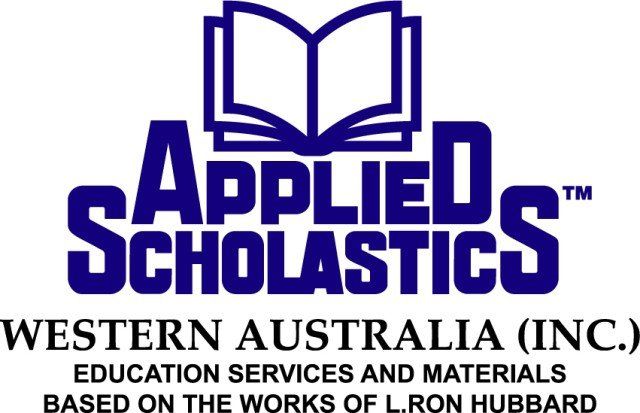Tutoring
An Applied Scholastics Tutor assists the student to understand the definitions of misunderstood words and symbols in a subject being studied. Accompanied with this technique are specific activities which require the student to put to practical use what is being learned. The end result is a student who understands what is being learned, instead of memorising information which makes no real sense.
Below is a brief explanation of the different tutoring programmes we provide: Reading & Comprehension, Grammar, Punctuation, Spelling and Mathematics.
For students who are beginning to learn to read and write, or who are semi-literate and still have difficulty with reading and writing, please click on Phonics Tutoring for assistance in this area.
READING AND COMPREHENSION
Various short stories (at the appropriate literacy level) are read out loud to the Tutor. Errors in pronunciation of words and misuse of punctuation are corrected. A series of questions are then presented to check the student's understanding of the text. Any difficulties in answering the questions are addressed by using our unique method of learning.
The end result is a confident student who acquires increased understanding of the written language and who can apply this technique to future studies.
GRAMMAR
Grammar is the way that spoken and written words are put together so that thoughts and ideas can go from one person to another. Grammar is something that you can learn and USE to talk and write so that other people know what you mean. It can also help you to understand better what other people say and write.
Definitions of the various parts of speech are learned (noun, pronoun, verb, adjective, etc.), together with practical activities which require the student to identify parts of speech within various texts. In addition to this, the student is also expected to put to practical use what he has learned by writing sentences and short stories of his own composition.
It helps students to clarify grammar with the purpose of improving their ability to communicate in speech and writing.
PUNCTUATION
The definition of punctuation symbols and their correct use are learned, including rules in relation to the capitalisation of letters. During the lessons, practical activities are given to the student which require him to apply what he has learned to correctly punctuate and capitalise various sentences and short stories. Definitions of punctuation symbols and capitalisation rules are reviewed, until the student is able to do each activity with skill and confidence.
Spelling
Various spelling techniques are used to accommodate different age levels. A short assessment conducted on the student helps us to identify specific spelling difficulties. A programme is then written which pinpoints what needs to be learned to increase a student's ability to spell correctly. Activity sheets and books are also used to practise words and increase vocabulary.
MATHEMATICS
Applied Scholastics takes a different approach when assisting a student to understand mathematics. In essence, a student must be taken back to the first misunderstanding and then move through the various stages before they can successfully go forward in their current year of schooling.
We have discovered that students have various misunderstood mathematical words, terms and symbols; they also do not see the relevance of actually putting their mathematical skills to practical use in everyday life.
You can easily teach a student how to find the perimeter of a rectangle: (l + w) x 2. At Applied Scholastics, the student learns the definitions of all the words and symbols associated with this activity. This is then followed with a scenario that would require them to think and put that information to practical use.
Firstly, we provide a free consultation with the student and/or parent to discover what they think the problem areas are. We then conduct a comprehensive assessment using the book "Diagnostic Mathematical Tasks.
This book contains a series of graded tests which effectively diagnose a child's achievement, learning difficulties and individual needs in the various mathematical topics.
A very specific programme is then developed for that student from the information obtained from the consultation and assessment results. This pinpoints the exact areas of difficulty with guaranteed results.
"RAISING THE EDUCATIONAL STANDARDS WORLDWIDE"
(C) 2022 Applied Scholastics Western Australia (Inc.)
All rights reserved.
Applied Scholastics Western Australia (Inc.)
All rights reserved.
